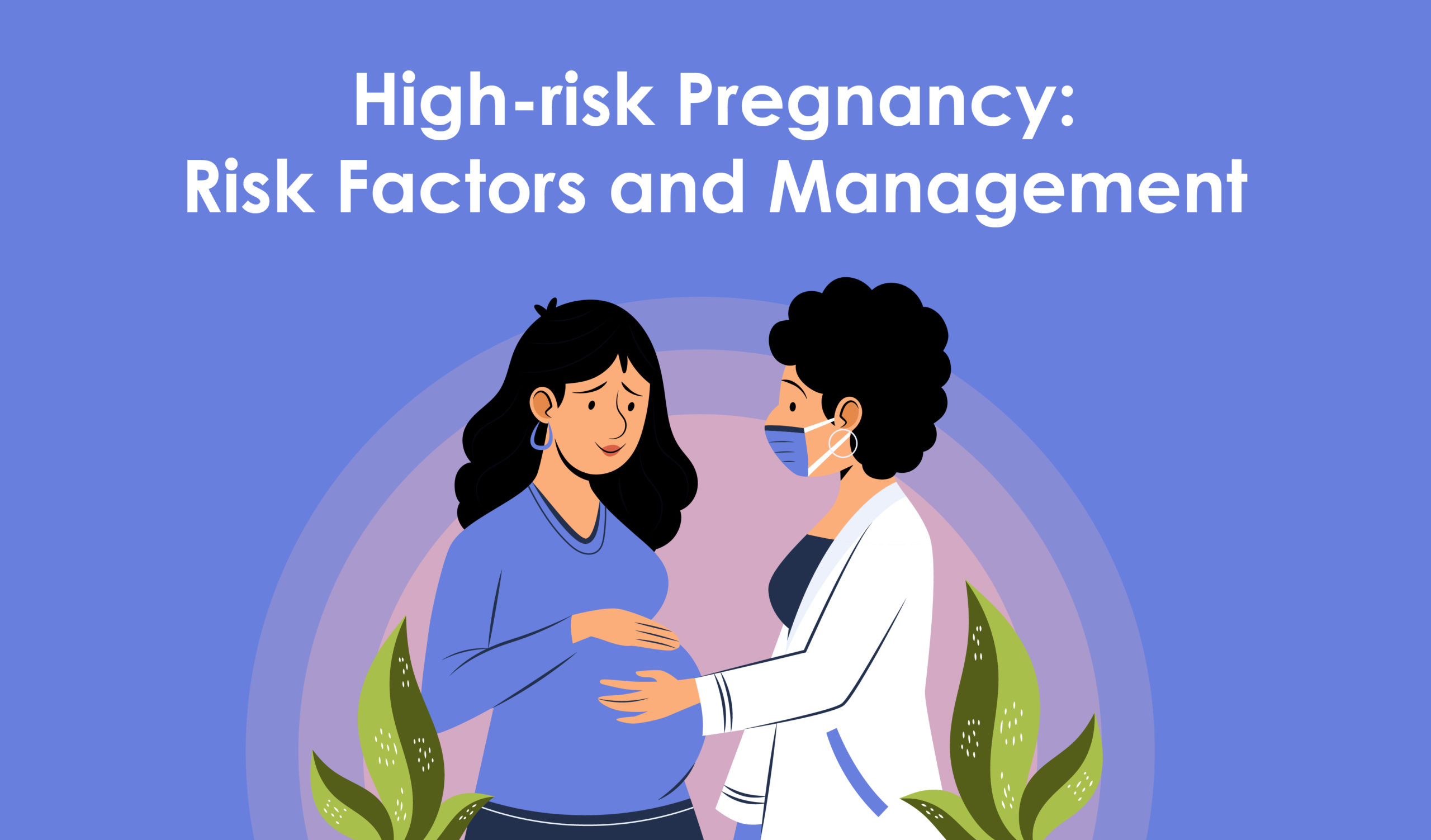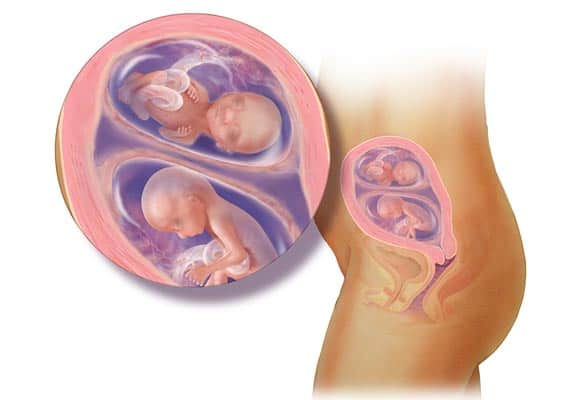Common risk factors for high-risk pregnancies can include:
Maternal Age: Very young mothers (under 17 years old) and older mothers (typically over 35) are at an increased risk.
Multiple Pregnancies: Carrying twins, triplets, or more increases the risk, as multiple pregnancies often come with unique challenges.
Pre-existing Medical Conditions: Chronic health conditions such as diabetes, hypertension, kidney disease, heart disease, autoimmune disorders, and epilepsy can increase the risk.
Previous Pregnancy Complications: A history of complications in previous pregnancies, such as preterm birth, preeclampsia, or gestational diabetes, can elevate the risk.
Genetic Factors: Certain genetic conditions or a family history of genetic disorders can increase the risk.
Infections: Infections such as HIV, syphilis, or rubella can pose risks to both the mother and the developing fetus.
Structural Uterine Abnormalities: Abnormalities in the structure of the uterus, such as fibroids or congenital malformations, can lead to a high-risk pregnancy.
Reproductive Disorders: Conditions like polycystic ovary syndrome (PCOS) and endometriosis may increase the risk.
Substance Use and Smoking: Smoking, alcohol consumption, and illicit drug use during pregnancy can heighten the risk of complications.
Medications: Certain medications taken during pregnancy, especially those with known risks, can contribute to a high-risk pregnancy.
Body Mass Index (BMI): Obesity or extreme underweight can increase the risk of pregnancy complications.
Assisted Reproductive Technologies (ART): Fertility treatments, including in vitro fertilization (IVF) and intracytoplasmic sperm injection (ICSI), can lead to high-risk pregnancies, often due to the higher likelihood of multiple pregnancies.
Inadequate Prenatal Care: Late or insufficient prenatal care can contribute to risks, as early and regular check-ups are essential for monitoring the pregnancy and addressing any issues promptly.
It’s important to note that not all pregnancies with these risk factors will necessarily be high-risk, and individual circumstances can vary. High-risk pregnancies often require specialized prenatal care, close monitoring, and tailored management to ensure the best possible outcome for both the mother and the baby. Expectant mothers should consult with their healthcare provider to assess and address any specific risk factors and create a care plan that addresses their unique needs.
Embark on a journey to optimal women’s health with Dr. Deepika Doshi, your dedicated Gynecologist in Mira Road at Dhanvantari Hospital Schedule your consultation today and take the first step toward personalized care and well-being.



